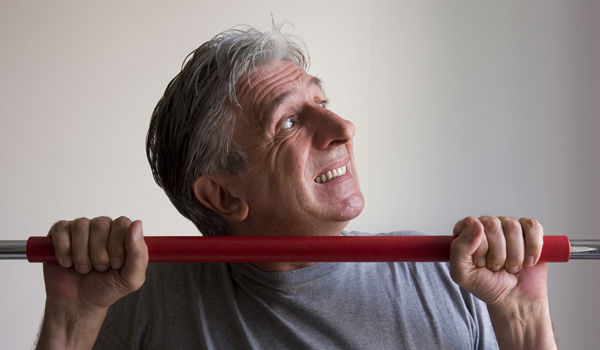Hypogonadism in males, Male andropause
—Specialisation
Hypogonadism causes deficiency of the sex hormones and the result of this deficiency usually result in either primary sexual development or secondary sexual development, or sometimes it could even result in withdrawal effects. The withdrawal effects are also termed in general sense as premature menopause.

Signs and Symptoms
The signs and symptoms are different for male and female.
For the male, the following signs and symptoms are found.
Diagnosis
When the condition of hypogonadism is considered to be occurred, immediately, the initial diagnosis done will be simple blood tests to check the condition of the low testosterone. Additionally, the other blood tests will be done or PSA or Prostate Specific Antigen. This test is performed to check any signs present for the prostate cancer.
Hypogonadism is diagnosed through various tests and the conditions are classified according to following.
Treatments Available
The most common treatment that is often recommended and conducted by the medical professionals is TRT or Testosterone Replacement Therapy. This treatment is suggested to the patients, who are not looking out to conceive.
The commonly used TRTs treatment is Transdermal, using gel, pallets, injections or patches and is performed through skin.
Risks and Complications
The treatments performed are hormonal therapy and so there will be some affects experienced after the condition is treated. It is quite possible tendency that the testosterone is taken for other reasons like body building, performance enhancement or aging changes and other non-medical conditions. It is a clear indication that men should not go for taking testosterone, if the condition is untested or in the cases that the levels of testosterone are normal. Especially, for the couple, who want to be parents, should not go through TRT. Any of the medical professional or doctor does not suggest TRT, without going through detailed case health history of the patient. It is important to rule out possibilities or symptoms for other causes.
Since TRT is hormonal therapy, there are certain side effects possible after the treatment is taken. These side effects may be one or more than one of the following.
Ideally, the doctor should discuss the procedure of the TRT and its following side effects, before performing this treatment.
After the Treatment
Though there can be side effects possible after the TRT, there are certain benefits, the patient will go through, after the treatment is completed.
After the treatment is completed, the bone mineral density can be increased and the risk of broken bones can be lowered. Treatment for testosterone is not one time therapy, rather it is a life-long therapy.
